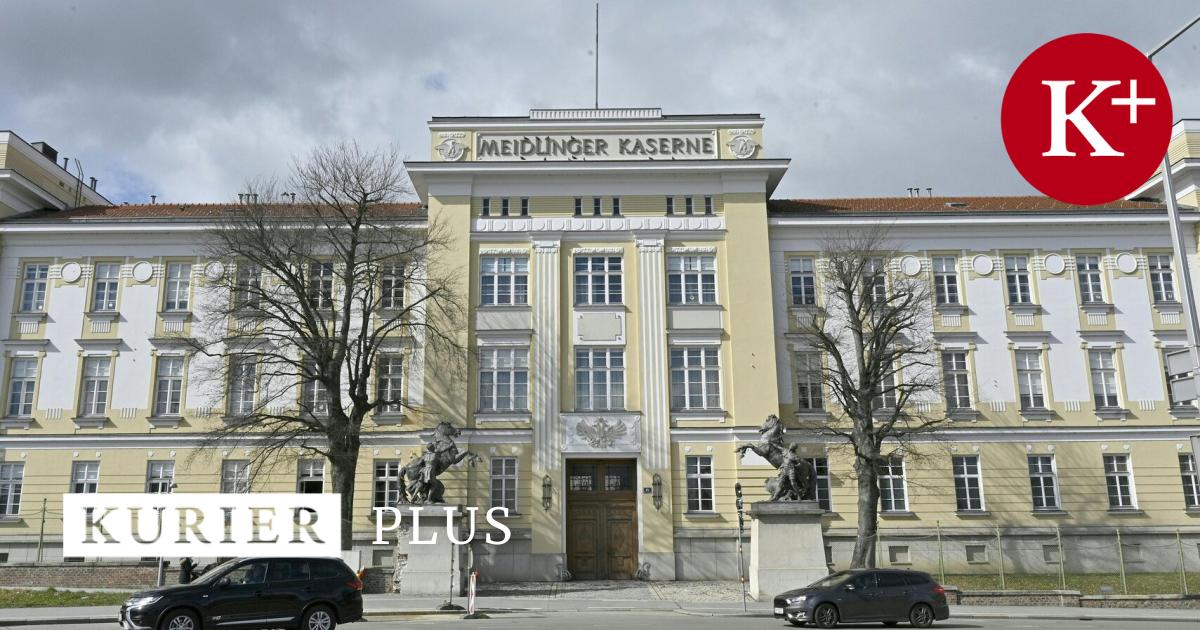Austria stood after that affair and several leaks surrounding the domestic Federal Office for the Protection of the Constitution and Combating Terrorism BVT (today DNS) did anything but well internationally in 2018. That from the then FPÖ Interior Minister Herbert Kickl Guided raid in which data from right-wing extremists was confiscated, house searches, domestic political disputes and allegations led to a massive Loss of trust conducted abroad.
Accusations and loss of trust
The Bern Club, an informal association of primarily European intelligence services, of which Austria is also a member, had initiated a secret investigation into the BVT. At that time, secret services no longer passed on sensitive information to Vienna; the US secret service CIA is said to have already had evidence that BVT-Mann Egisto There is said to have passed on secret documents to Russia. The suspect was briefly held in custody. Kickl denies the accusation of having delivered sensitive data to Moscow.
At that time, BVT had to temporarily withdraw from the club as a preventative measure due to safety concerns and has only been allowed to participate to a limited extent since then.
In recent years the Ruf The secret service has recovered, according to the research center Austrian Center for Intelligence, Propaganda and Security Studies, or ACIPSS for short, in Graz.
Paul Schliefsteinerdirector of ACIPPS, therefore considers it “remarkable that representatives of German politics and the control body there are speaking out.” An end to the cooperation “would of course weaken the Austrian services.”
Especially in exchange for Counterterrorism There is close cooperation: “This is international custom. It’s not just about protecting human lives. Every attack by a jihadist organization in Europe is grist for the mill of these connections and helps their propaganda.” An example of this was the attack warning from abroad before the Taylor Swift concert in Vienna.
Joint fight against terrorism
For this reason alone, it can be assumed that contact will continue – stopping the exchange would also be at the expense of German security. “The jihadist scene, which is networked and has influence primarily via the Western Balkans to Austria and further to Germany and the rest of Europe, is a common object of observation by the Austrian and German secret services.” The German-speaking area forms something like a common “criminal geographical area” for this milieu.
“I can’t imagine Germany cutting this connection completely. In addition – despite all understandable reservations due to the FPÖ’s documented proximity to Russia – the result of a democratic election would probably be difficult to convey as an argument for this,” said Schliefsteiner. At least before a possible FPÖ government “has not taken steps that point in a direction that undermines trust.”
No information about Russia for Austria
But what is not uncommon is the withholding of certain information from selected countries. Each state reserves the right to determine what may happen to information it shares with other states. For example, it happens among NATO countries that documents are required to be passed on to all members except the… Türkiye are provided. This is the case, for example, when Turkey appears to be “too uncertain” with regard to the relevant issues, said Schliefsteiner.
Austrian secret services are reportedly excluded from information on Russia or Ukraine for the same reasons. This is unlikely to change under FPÖ government participation.
